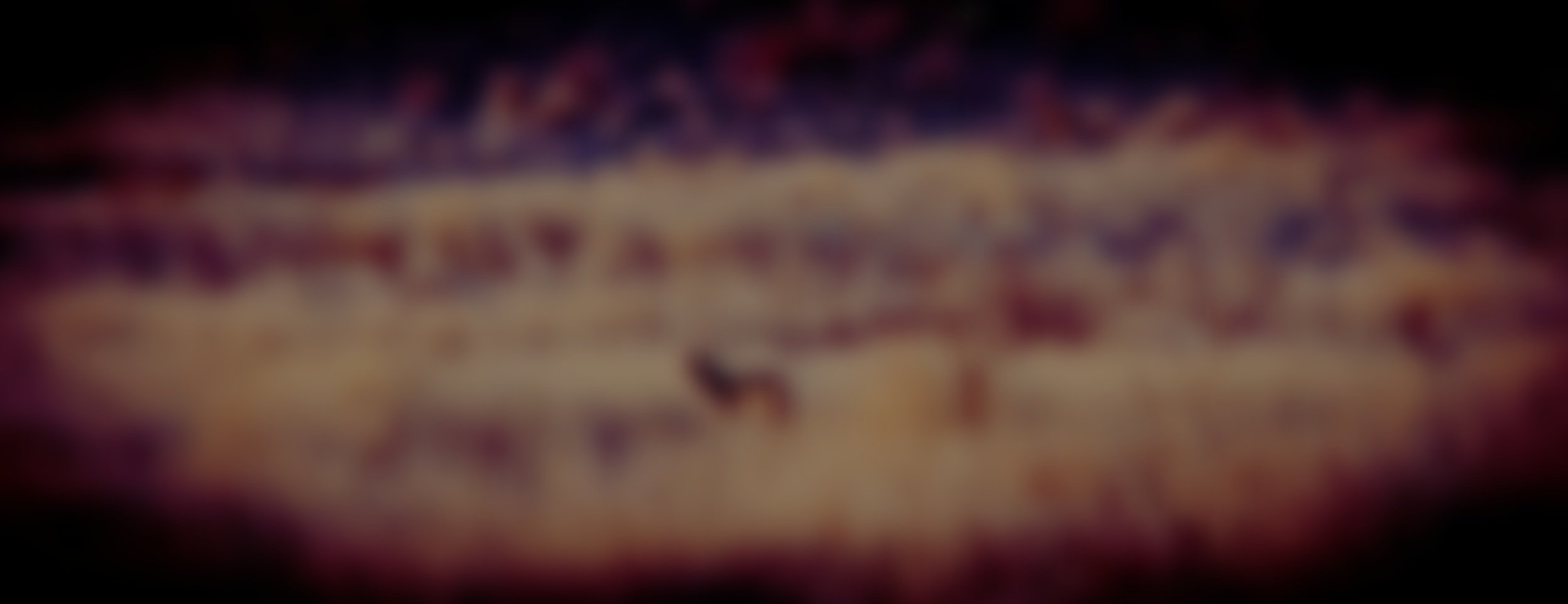5 Quotes To Stoke Your Wild Fire

This one may be my all-time favorite. My father had this quote in a frame on his living room wall. I don't know where it came from, but now it hangs in my office. The words are printed underneath a painting of a mountain man, weathered and sinewy with a musket flat across his shoulder blades, his sun-scarred arms hanging over it like a scarecrow. In the bottom left corner of the frame is a photograph tucked between wood and glass. It's a picture of dad's best friend Les. Les died in a car wreck when I was in junior high.
Robert Louis Stevenson wrote Treasure Island and The Strange Case of Dr. Jekyll and Mr. Hyde, among others, the latter a fitting and relevant title to one of the topics we discuss here.
I don't necessarily agree with everything Ed Abbey said or did, but his influence on conservation is undeniable. His book Desert Solitaire is relevant not only to the arid red rock country of Utah, but to wilderness areas everywhere. His words speak to the heart of anyone who places as much importance in untrampled land as what's inside their CamelBak.
This one is a bit of a double-edged sword. In his book Feral, Monbiot discusses the idea of re-wilding, a fashionable term in conservation circles. The short and simple definition is turning domesticated land wild again, letting go the reins of civilization and getting back to trusting nature as the omnipotent caretaker it's proven to be over the eons. The beast is the primitive self we need to reacquaint ourselves with in order to live more responsible, more meaningful lives. But the beast can run rampant too - like our relentless greed for power and dominance. The beast is both our sharpest spear and our most destructive ruin. I think it serves each of us well to get to know the beast but know also when to put it back in the cage.
You could crib practically any sentence from this book and be well off. I am continuously amazed by Leopold's writing. He was a poet naturalist with a foreword thinking ethos that serves us well today, tomorrow, and as long as geese fly. I love this one because it contradicts human nature; it pushes us beyond our ineptness toward a better life. Fear is a good thing. It keeps us humbled, but also let's us know something we're doing is important - something impactful enough to make our stomachs churn. That probably means its worth seeing through, or at least trying to understand the foundation behind the qualms. I doubt anything worth doing is devoid of the ability to induce fear, because the fear comes from the inside. The only way to live fear free is to do nothing - a poor life indeed.
This one shoots perspective like a 10-gauge. The world is all that lasts. Not the emails you have to send or the job you have to finish or the Facebook posts you have to like. All of it, even you, will fade. But I don't think this quote is meant to be foreboding. I think it's meant to take the weight off. There's a certain peace that comes with accepting inevitable truths. Like the fact that the mountain you climb will be there thousands of years after you step off of it. And that your time on this earth is precious. It takes courage in today's modern monkey sprint to rearrange your priorities according to your standards instead of someone else's. But you're not alone in your beliefs. Live the life you want to live. Love, laugh and pursue happiness. Stoke your wild fire. That's what these people did.
Matt Martens









